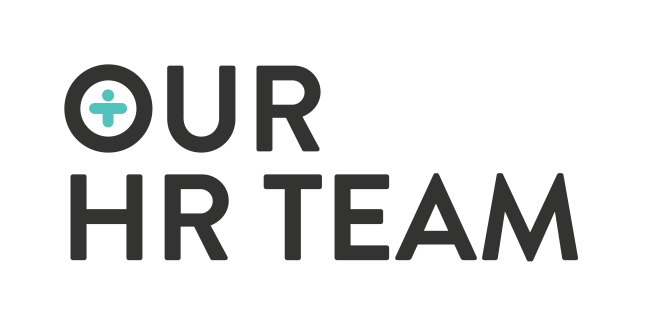“Trust is like blood pressure. It’s silent, vital to good health, and if abused it can be deadly” Frank Sonnenberg, author of Follow your Conscience.
Sarah had worked at her financial services company for three years. During that time she worked hard and fulfilled all the obligations of the role each day. However, she had not progressed further than the position that she was hired for. Sarah received a performance review yearly, and always communicated to her employer of her desire to receive workplace training in other areas to enhance her career. While her employer gave her positive feedback, they did not follow through with any further training. As a result, Sarah felt undervalued.
Sarah began to leave work early without communicating this to her employer and would miss important deadlines. Because she felt undervalued, she was uninspired and did not work to her full potential. Eventually, one day when she left work early, she missed an important phone call from a client which resulted in a share trade not going through and the client losing significant funds. The trust that Sarah and her employer had built over the past three years, had been broken. A client had been negatively impacted and the relationship between Sarah and her employer had been damaged.

Trust in the workplace is critical. A recent article by The Harvard Business Review indicated that when employees don’t feel trusted, workplace productivity and engagement suffer. Without trust, a positive relationship cannot exist, as employees who are less trusted by their manager exert less effort, are less productive and more likely to leave an organisation.
In this case, Sarah and her employer did not have the necessary communication to build a trusting relationship. If her employer had been more open to helping Sarah build her skills, and Sarah had been more honest about feeling undervalued, a significant breach of business could have been avoided.
In a workplace, intentions need to be set and behaviours clear, so that both parties are operating from the same baseline. David DeStano, the author of The Truth About Trust, indicates that “trust is an evolving thing that ebbs and flows”. So having regular performance reviews to set these intentions is a great start, but what is discussed during these reviews needs to be followed through. Working relationships are better when there are genuine connections. Communicating on both sides, inspiring employees, and treating colleagues with respect are all key factors in building trust, and therefore fostering good relationships.
So how can a business develop genuine connections and good relationships amongst employees? Especially if a something has occurred to affect the trust?
Set Expectations and Intentions
Regular check-ins are important. This enables a Manager to understand how an employee is tracking, but also to obtain valuable feedback. Some key areas to cover off on should include:
- Performance, including achievement, progress on projects an employee has been involved in and accomplishments they have made against goals/objectives.
- Get an understanding around what an employee would like to learn, achieve and/or develop in their role and equally important what commitment will be made.
- Be clear on what assistance the employee needs right now – what components of their role they need to develop.
- What is their biggest challenge right now – what is causing them concern or delays in achieving their performance goals?
- Ask for feedback or suggestions regarding improvements that would benefit them or wider group/business?
Without setting clear and concise expectations and intentions and asking questions, meaning and intentions can be lost. Too often we hear of businesses not wanting to formalise processes or have discussions. Just because you don’t communicate does not mean there is not an expectation, it simply means that people will create their own story or form a perception – is it the story you want them to be telling or the perception you want them to have?
Make a connection
Another Harvard Business Study says that one of the most effective trust-building strategies is to create a personal connection. You are more likely to trust someone that you know on a more personal basis. Asking your workmates questions and getting to know them, shows that you are interested in them on a personal level.
Be transparent
Sarah’s employer was not being transparent. She received a good performance review, however there was no room in the budget for cross training. Instead of communicating this to Sarah, the employer ignored Sarah’s desires. If they were more transparent about what they could provide, they would have shown her trust and she may have been more understanding about her lack of upskilling.
Reward and recognition
Show appreciation for good work to employees and give employees the opportunity to showcase their talents. By doing this, you are offering encouragement and recognising the value of an individual. Recognition motivates people to do good work, and by giving them work opportunities, it shows that they are trusted. If Sarah’s employer could not cross train her, perhaps they could have awarded her for the years spent doing good work.
At Our HR Team, we aim to be trusted advisors. If a company knows that they need guidance on how to implement these principles into a workplace, Our HR Team can help. We can provide perspective on opportunities where trust can be further developed in a workplace and how to work towards identifying and taking steps to repair relationships where trust has been broken. Contact us by calling 1300 168 747.
